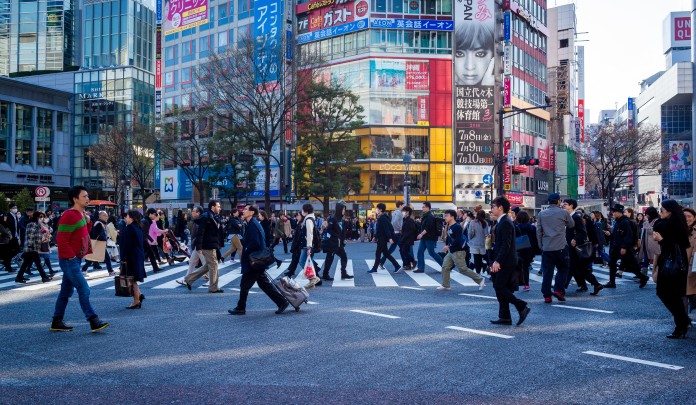Living abroad would typically bring us to appreciate to the country’s culture. Yet, oftentimes our observation and experience of that country’s culture would instead lead us to appreciate our own culture a little bit more. Here, our Columnist Steffen Hadi reflects on his experience living and working in Japan, particularly on the aspects of Indonesian culture that he learned to appreciate even more.
***
There were so many things that amazed me when I was working in Japan. Its culture, technological advances and beautiful landscapes, among others. However, some of the things I observed in Japan made me even more glad and proud of being Indonesian. Here are a few things that made me proud for being an Indonesian amidst living in Japan:
- Our Social Awareness
In Japan, I experience individualistic behaviors in my day to day life. For example, in my daily commute, starting from the front door of my apartment to the lobby of my office, all I saw were people living their life for themselves. Even small “social” things such as smiling to other passerby or offering help to the elderly are incredibly rare behaviors in Japan.
This is a stark contrast to the culture in Indonesia. People in Indonesia have a tendency to care (although sometimes it can be too much – kepo) about others around them. In Indonesia, at least you could feel that you are a part of the society and you do not live your life for yourself alone.
For me, this is something that we Indonesians should be proud of. I think we need to maintain our social awareness (albeit in a reasonable level) as a nation.
- Our Religiosity
Although you can find a vast number of shrines and temples in Japan, surprisingly enough, I found that the people in Japan do not really mix their daily lives with their religious beliefs. They rely so hard on their persistence and hard work rather than surrendering their lives into some religious aspects.
This is a contrast to the culture in Indonesia. Religions are very much integrated with the daily lives of Indonesian people, and sometimes it is really difficult to separate it. Indonesian people still believe that many parts of their life are under the control of an invisible force, making their religiosity a big part of their lives.
I am glad that Indonesian people still maintain their religious habits in their lives. Although in some occasions it can seem to be overbearing, this tendency could actually bring a lot of benefits if everyone can maintain their religiosity in a reasonable level.
- Our Birth Rate
Yep, birth rate. In Japan, the birth rates of recent years are almost negative. Meaning that the mortality rate is higher than the birth rate for the past few years. It causes a decline in the number of population. Some experts believe that this trend is due to the highly individualistic culture, which has been worsening lately. Such individualistic manners drive people to focus on their work instead of family, which in turn, reduce the number of couples having babies. I witnessed this trend during my stay in Japan, where I could see more elderly people compared to young people. I rarely saw children or babies in Japan.
In Indonesia, our birth rate touches an astonishing level. Moreover, for the next decade, Indonesia is projected to have a bonus demography, where the number of productive people dominates the population.
- Our Growth Potential
If I could summarize the everyday conversation in Japan, I would say that the Japanese tend to see that Japan’s economy has stagnated. It has reached a point that it could no longer develop, and with the now-declining population number, it would be possible that Japan’s economy might fall into a decline. Although I am no expert in economy, the easiest comparison that I could make is the number of new buildings constructed. In Jakarta, almost every few kilometers I could see new buildings being constructed, while in Tokyo, you could count it with your fingers.
For me, new buildings indicate the level of development in a country. New buildings mean that people are still investing in something, either constructing a building, renting offices, hiring people, and carrying out business.
My simple observation is actually supported by some expert analysis. Indonesia is still developing and has the potential to develop further in the future, especially when it comes to the fact that the population could support its economy.
The above writing is just my opinion. Needless to say, it may not represent the entire culture of Japan.
Nevertheless, I am still proud being an Indonesian!
***
Photo by Cory Schadt on Unsplash










